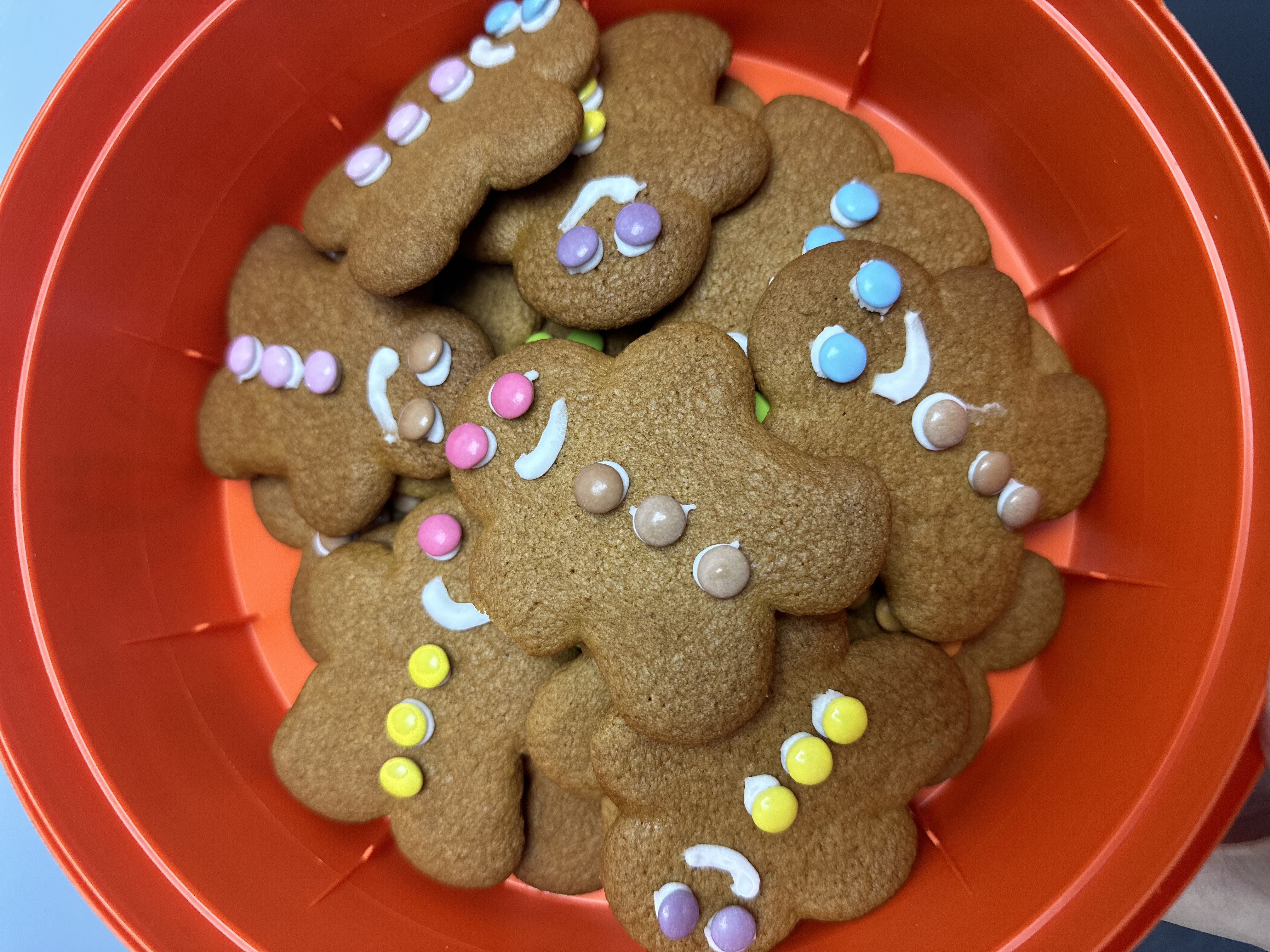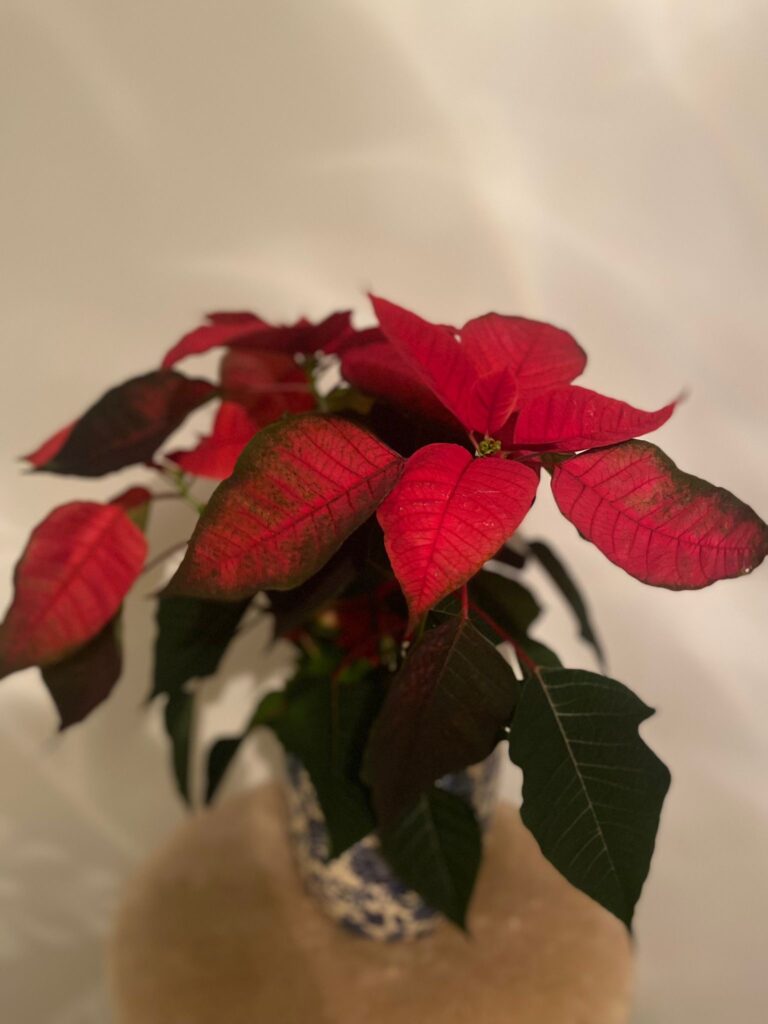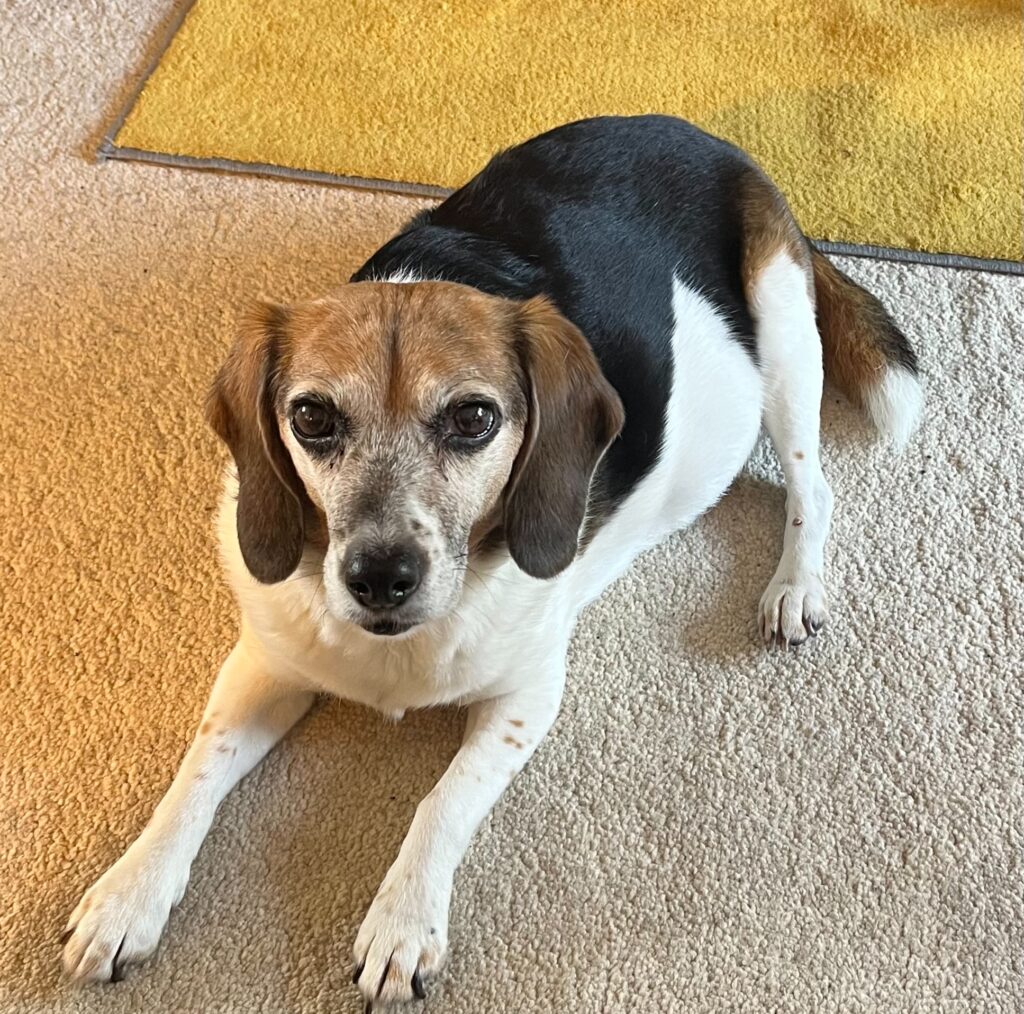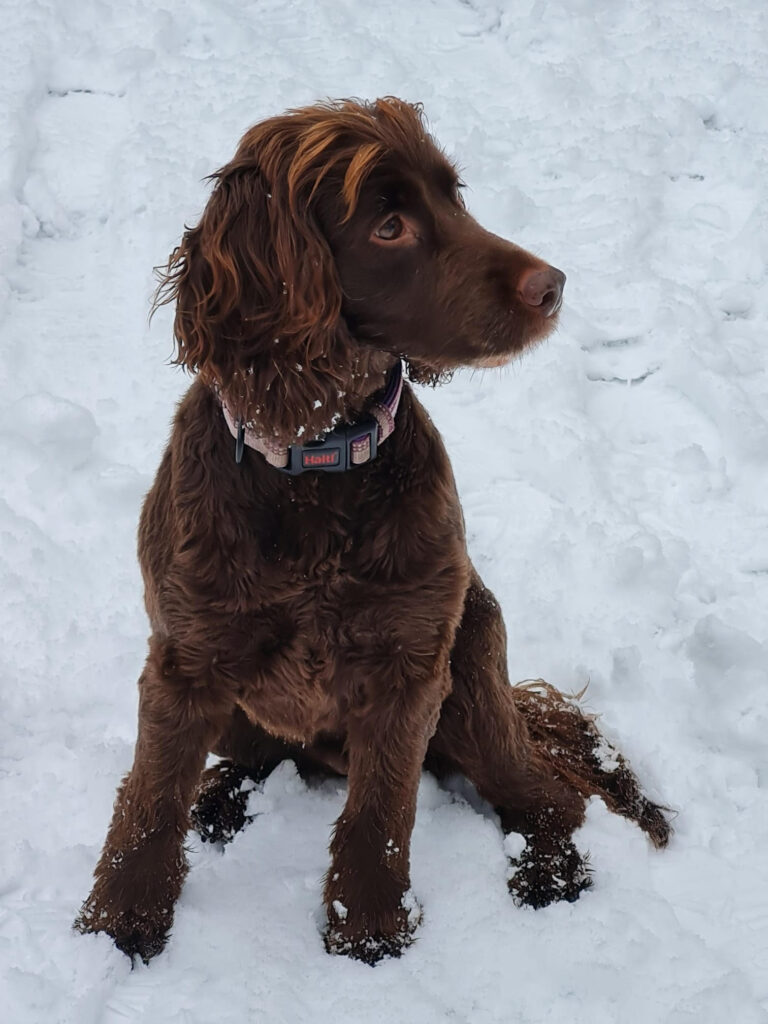With this busy season, it is easy to forget the risks that this time of year poses and many items in abundance at Christmas can be highly toxic and even fatal to our pets. We hope our ‘Twelve Day-ngers of Christmas’ will help you to avoid some common risks and ensure a stress free and happy holiday season for you, your families, and your pets.
1.Chocolate – Dogs are usually the common culprit of sneaking some Christmas chocolate. Chocolate contains theobromine which is highly toxic for our pets. The higher the cocoa percentage (dark chocolate > milk chocolate), the more toxic it is. Common signs of ingestion include vomiting, diarrhoea, excitability and wobbliness
2. Sugar-free goods such as peanut butter, candy canes and chewing gum – These products contain high levels of Xylitol or E967. Pets cannot tolerate xylitol as it causes a severe drop in blood sugar leading to weakness, collapse and possible seizures. It can also lead to liver failure.
3. Dried fruits such as Raisins, Sultanas and Currants – These are commonly found in Christmas cake and mince pies. There is no known dose-response relationship meaning any amount ingested, is toxic and can lead to kidney failure. Clinical signs to look out for include vomiting and lethargy.
4. Macadamia nuts – These nuts can cause lethargy, tremors and stiffness. Other types of nuts are generally of low toxicity but can still be a choking hazard and cause gastrointestinal upset.
5. Leftovers containing onions/garlic – Ingestion of a single large quantity or repeated ingestion of small amounts are toxic, whether raw or cooked, with cats being much more susceptible. Clinical signs can start within 1-2 days but commonly are delayed up to 7 days. Clinical signs to look out for include vomiting, diarrhoea, drooling and abdominal pain.
6. Mouldy Food –when the Christmas period comes to an end it is important to ensure waste food is securely thrown away. Mouldy foods can contain mycotoxins so dogs or cats getting in to waste food and bins can be dangerous. Clinical signs include restlessness, hyperthermia, tremors and even seizures.
7.Poinsettias, Holly, Mistletoe, and Ivy – These ‘plants’, though beautiful, when ingested can cause gastrointestinal upset and pain, which can last several days.
8. Alcohol – It is important to not leave any alcohol unattended as your pet may help themselves and even a small tipple can cause similar signs as it does in their owners when drunk, including wobbliness, and drowsiness but in larger quantities can also lead to seizures.
9. Decorations – When decorating your Christmas tree this season, beware of the potential dangers for your pet. Pets can be attracted to the shiny lights, tinsel and baubles. If chewed or swallowed, there is a risk of cuts, blockages and even electrocution.
10. Batteries – Remember the batteries for those Christmas toys/gadgets this year. However please keep them out of reach of your pets as they can be curiously chewed or swallowed causing significant damage to the mouth, throat and gastrointestinal tract.
11. Freshness Sachets or Silica Gel– In most dried food items e.g. dog treats and jerky and even in many gifts for adults, you will find a small packet that helps to maintain the freshness of the food/gift by either reducing moisture or absorbing oxygen. The silica gel packets are not toxic but could cause gastrointestinal upset. However, the iron oxygen absorbers are highly toxic and corrosive to the gastrointestinal tract and can lead to liver failure. Clinical signs include vomiting and abdominal pain.
12. Medications– After making merry the previous evening, many of us may be reaching for ibuprofen or paracetamol or, with Christmas also sadly being cold and flu season, we may be reaching for the cold and flu medications. Many of these medications can be toxic to our pets and it is important to note that cats are at least twice as sensitive. Please make sure they are kept safe and out of reach, particularly those of visiting friends or relatives unaccustomed to a pet’s curiosity. If your pet does ingest such medications it is really helpful to bring any remaining packaging with you to your appointment.
If you are concerned that your pet has eaten something dangerous, please do not hesitate to contact us on 01606 880890 or 01606 717969.




